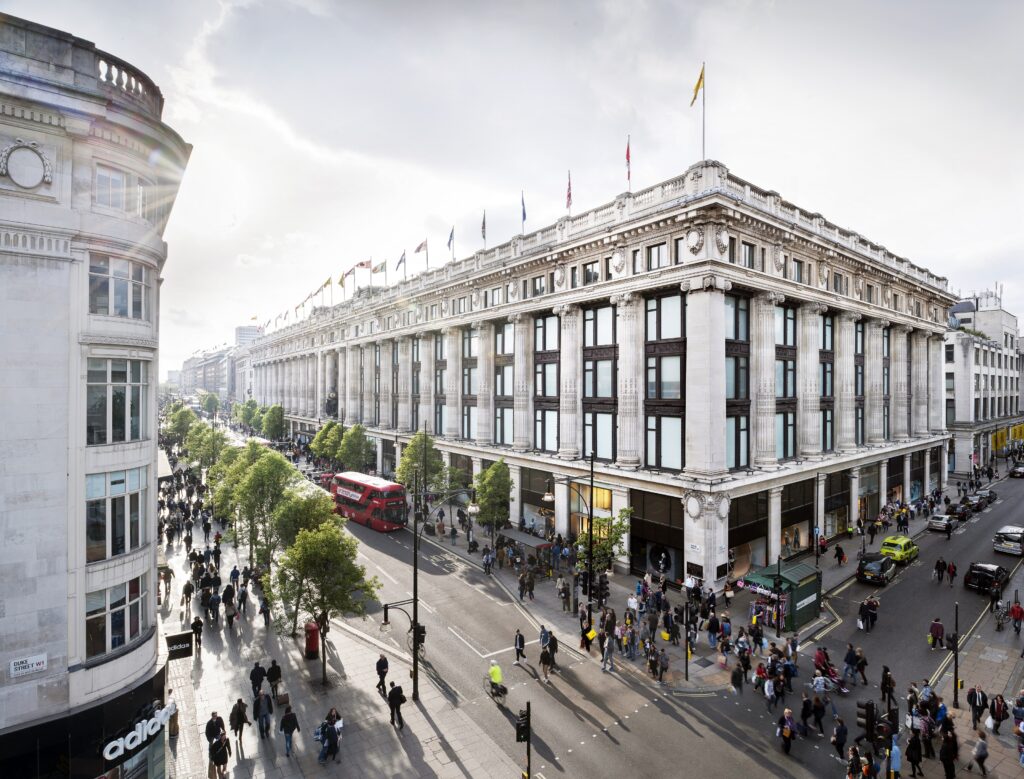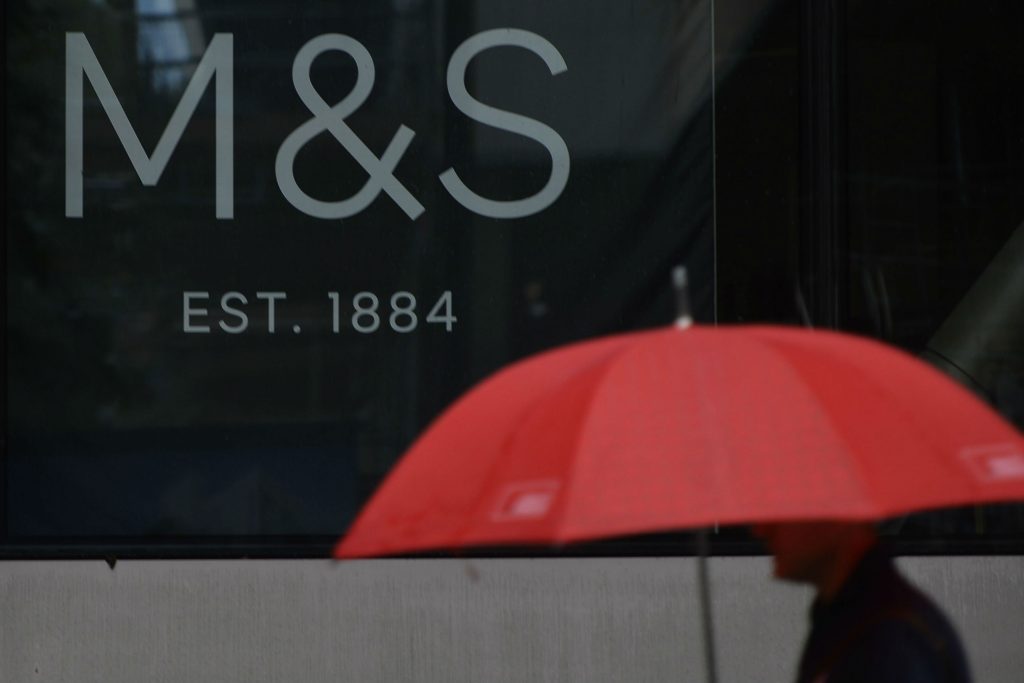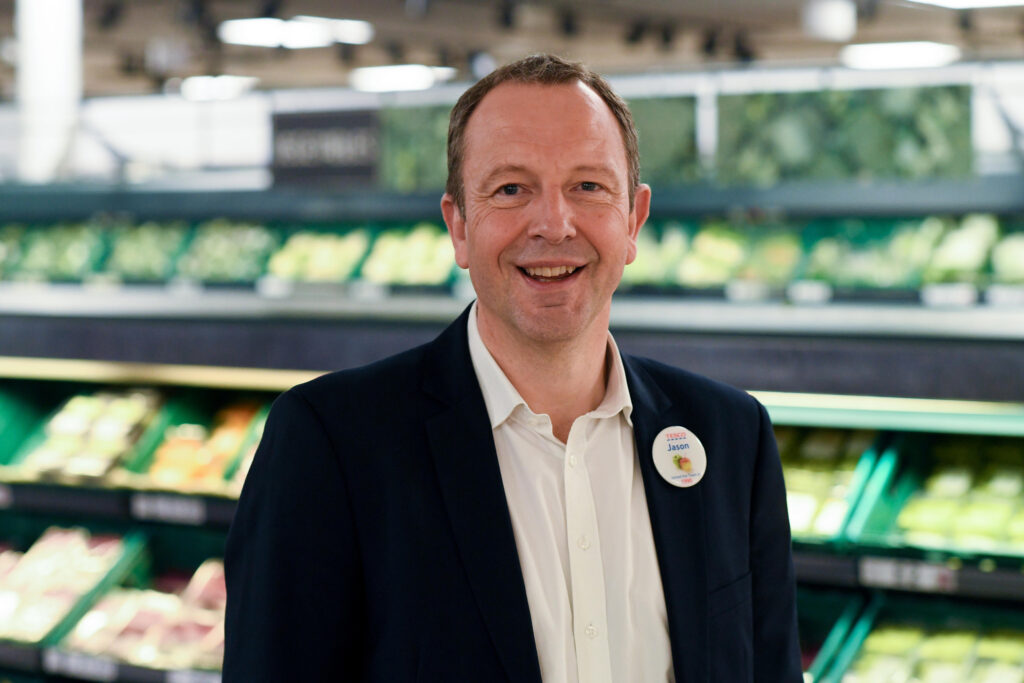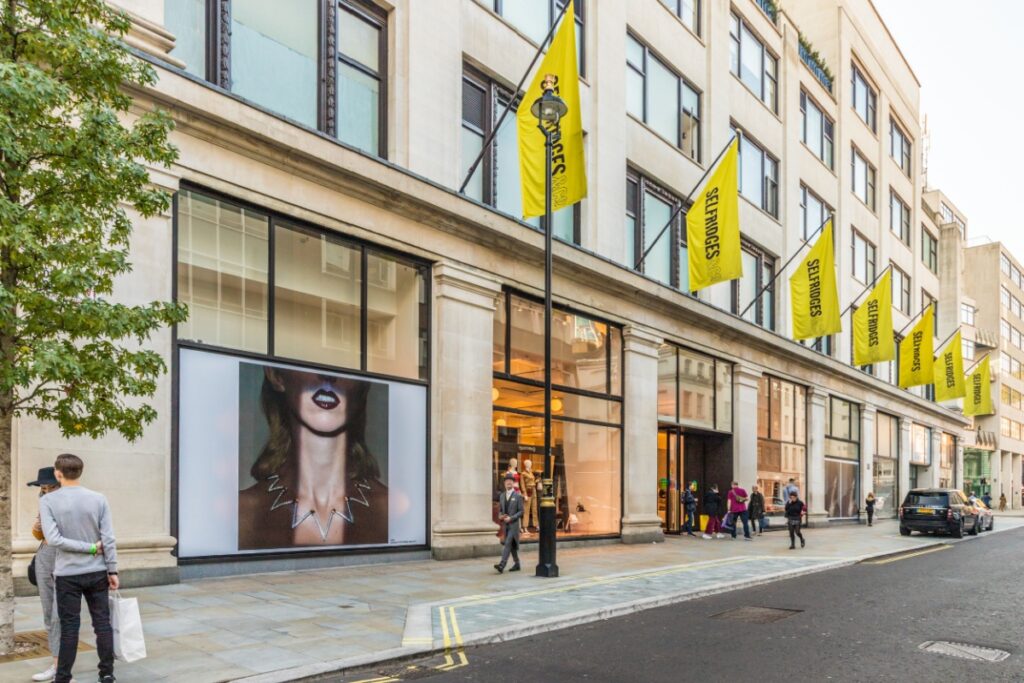// John Lewis reveals that slippers, hot tubs &skincare became some of the must-have items in the year we all stayed at home
// The retailer revealed it would no longer sell filing cabinets as storage has become more digital
In John Lewis’ 2021 How We Shop, Live and Look report, the retailer looked at consumer shopping habits from the past 12 months, revealing that the changes consumers embraced during periods of lockdown are here to stay.
It revealed that online sales now account for between 60 per cent and 70 per cent of total sales compared to 40 per cent pre-pandemic.
This figure remains the same as it did in 2020’s report, illustrating how consumers had not reduced their online spend even when stores reopened.
READ MORE: John Lewis to open driver academy to train up more LGV drivers
Shoppers also “couldn’t get enough of slippers”, with sales up 13 per cent.
John Lewis now sells more than 200 styles of slippers, having increased the size of its range by a fifth to include designer brands and the latest trends, which this winter included sheepskin slingbacks and bejewelled faux fur.
The bestselling pair were sheepskin-lined mules from Ugg that cost £80.
As lockdown put social lives on pause and more people worked from home, demand for pyjamas and dressing gowns rocketed while the casualties included neck ties (down 75 per cent), briefcases, makeup bags and thongs, which had been enjoying a revival.
Staycations also played a factor in spending habits, with sales of tents rising 650 per cent across the past 12 months while travel accessories commonly associated with international travel recorded a drop of sales, with passport covers, travel adaptors and suitcases most affected.
With Brits staying closer to home, the renovation boom that began at the outset of the pandemic saw no signs of slowing, with homes also acting as offices and fitness studios. Sales of fitness equipment surged by 75 per cent.
Those with gardens also invested in their outdoor space: trampoline sales rose by 270 per cent across the period, while hot tubs sales grew by 200 per cent.
Fire pits and garden heaters rose by almost 1,000 per cent in October and November alone as lockdown rules meant people could only meet outdoors.
Forced restaurant closures also meant kitchens were also transformed, with air fryer sales increased by 400 per cent across the period.
Skincare accounted for a third of all beauty sales in the recorded period, with John Lewis’ website recording over half a million searches for skincare alone in 2020 alone, according to the retailer.
Consumer awareness of what they were putting on their skin also rose as vegan and eco-friendly products gained popularity. Sales of makeup products declined by a fifth due to limited opportunities for getting glammed up.
The retailer also revealed it would no longer sell filing cabinets as storage has become more digital.
John Lewis executive director Pippa Wicks said: “More centred and thoughtful. More aware of the importance of friends and family. More rebellious. More appreciative of our homes. Less prepared to put up with nonsense. These are just some of the ways in which customers’ priorities have changed over the last 20 months.
“Thanks to science, the worst of the Covid-19 pandemic is hopefully behind us. But the unprecedented events of 2020 and 2021 have left a permanent mark on how we shop, live and look. People have become clearer about what matters to them and their work-life balance has shifted towards life.”
Click here to sign up to Retail Gazette‘s free daily email newsletter


















